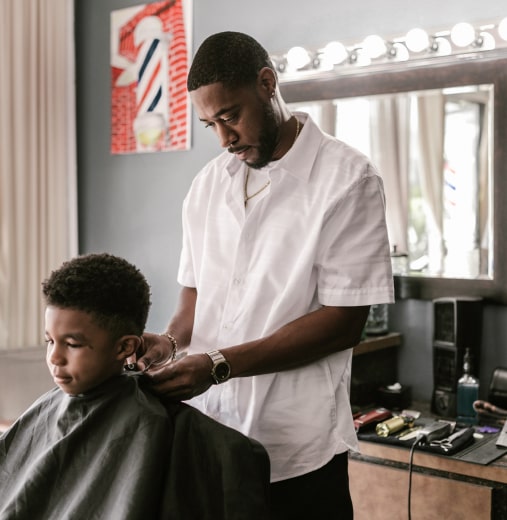Success Stories
Stay up to date with the latest projects from Southern Communities Initiative and the six Southern regions that they support.
The Urban League of Louisiana Awards $90,000 in Grants to Nine Black-owned Food Service Operators in Louisiana in Partnership with the PepsiCo Foundation’s Black Restaurant Accelerator Program
The Urban League of Louisiana (ULLA) has been a longtime supporter of women and minority-owned small businesses. A recent collaboration with the National Urban League announced nine recipients of its 2022 Black Restaurant Accelerator program grants sponsored by the PepsiCo Foundation.



